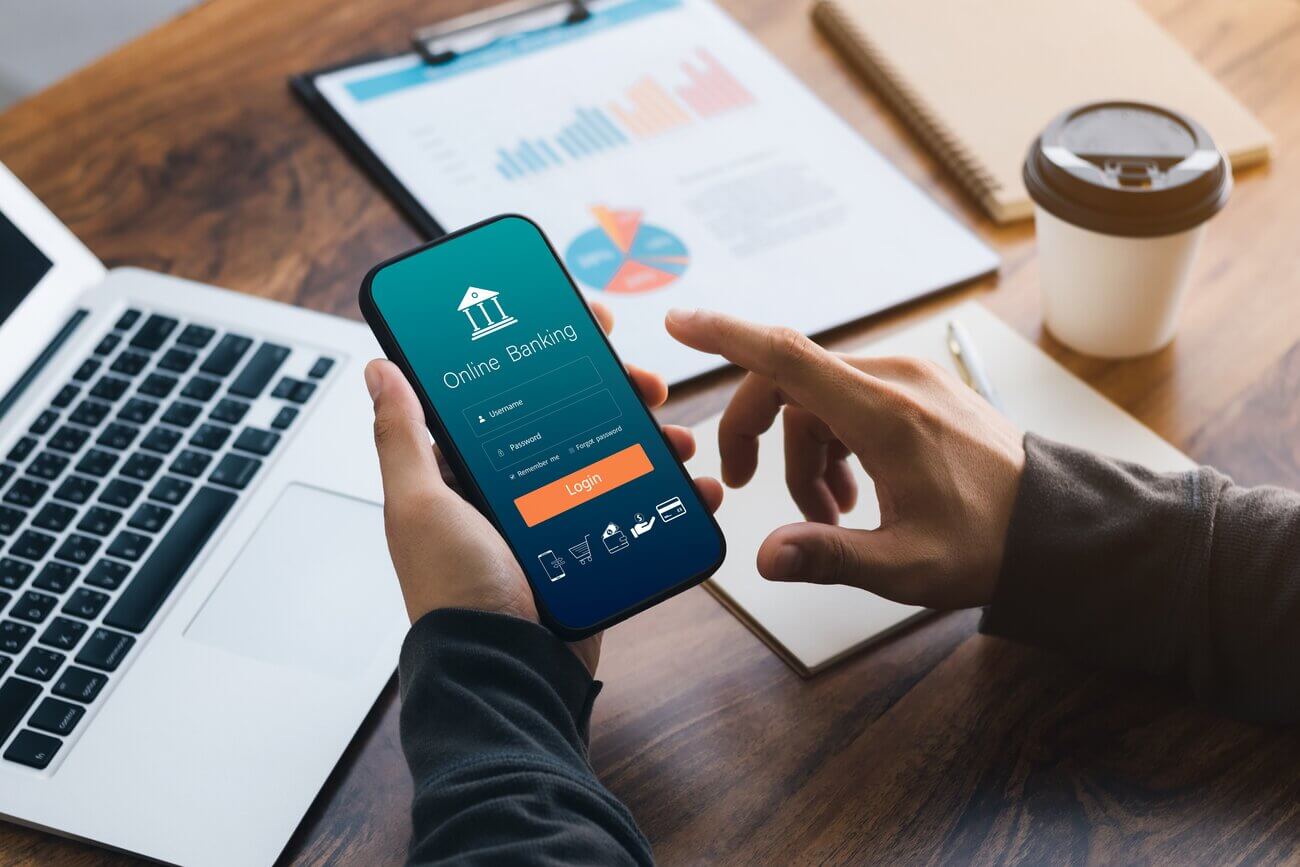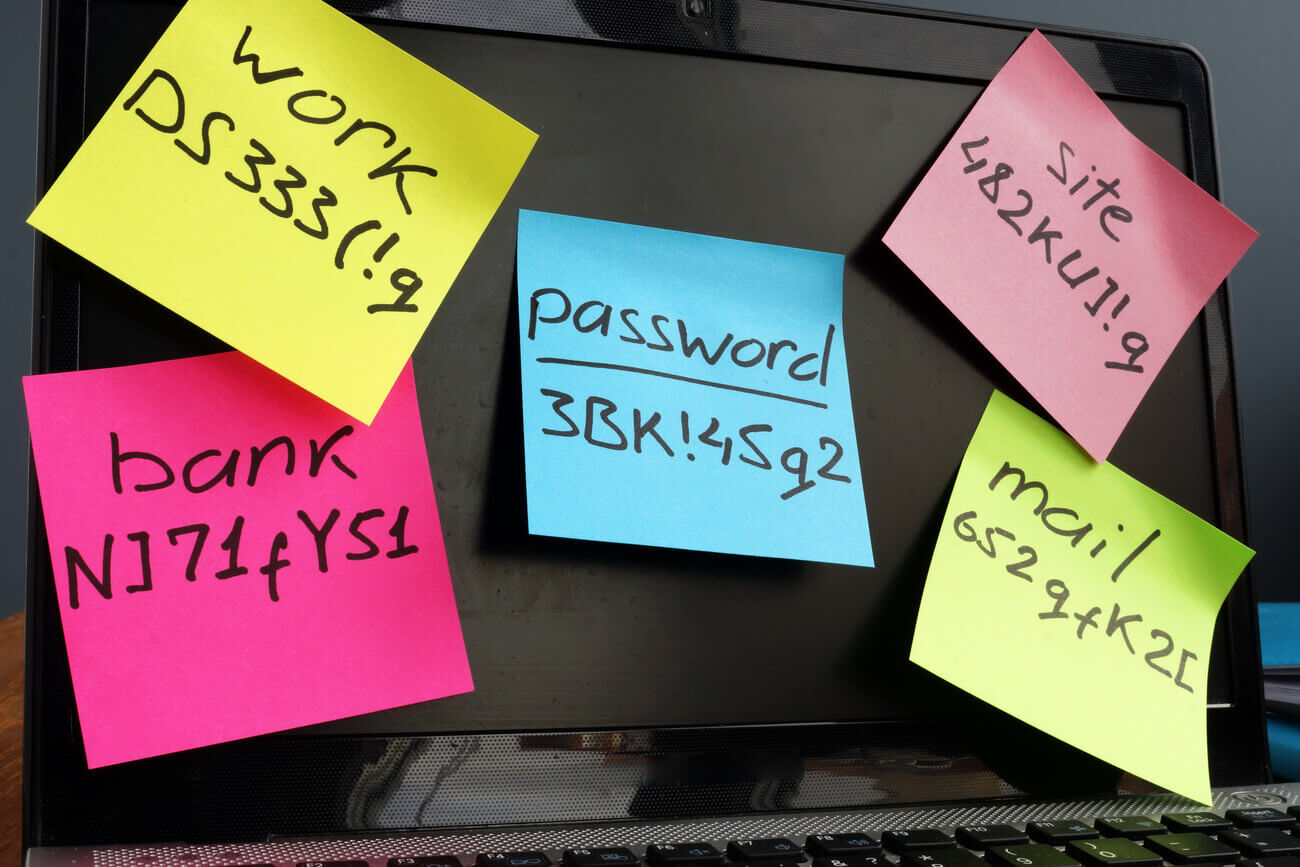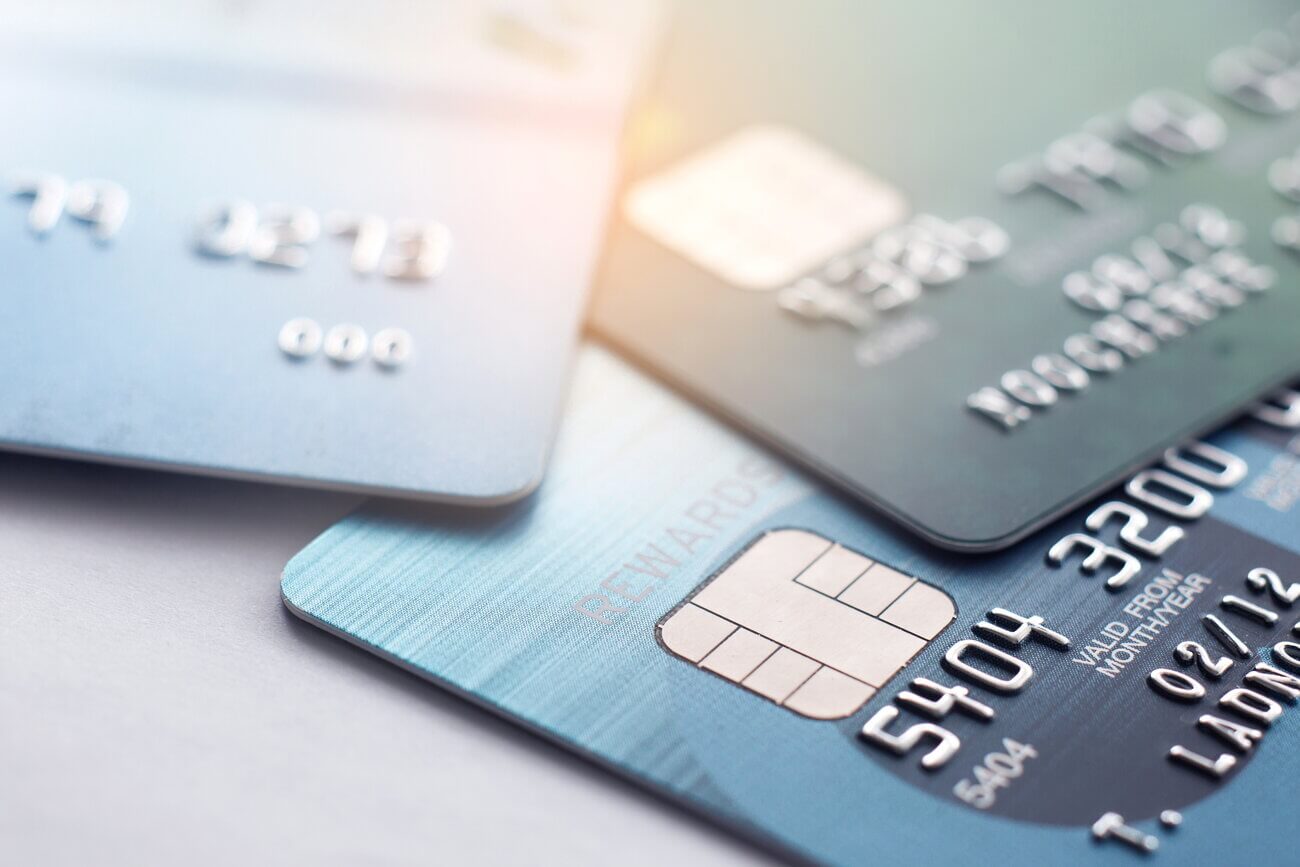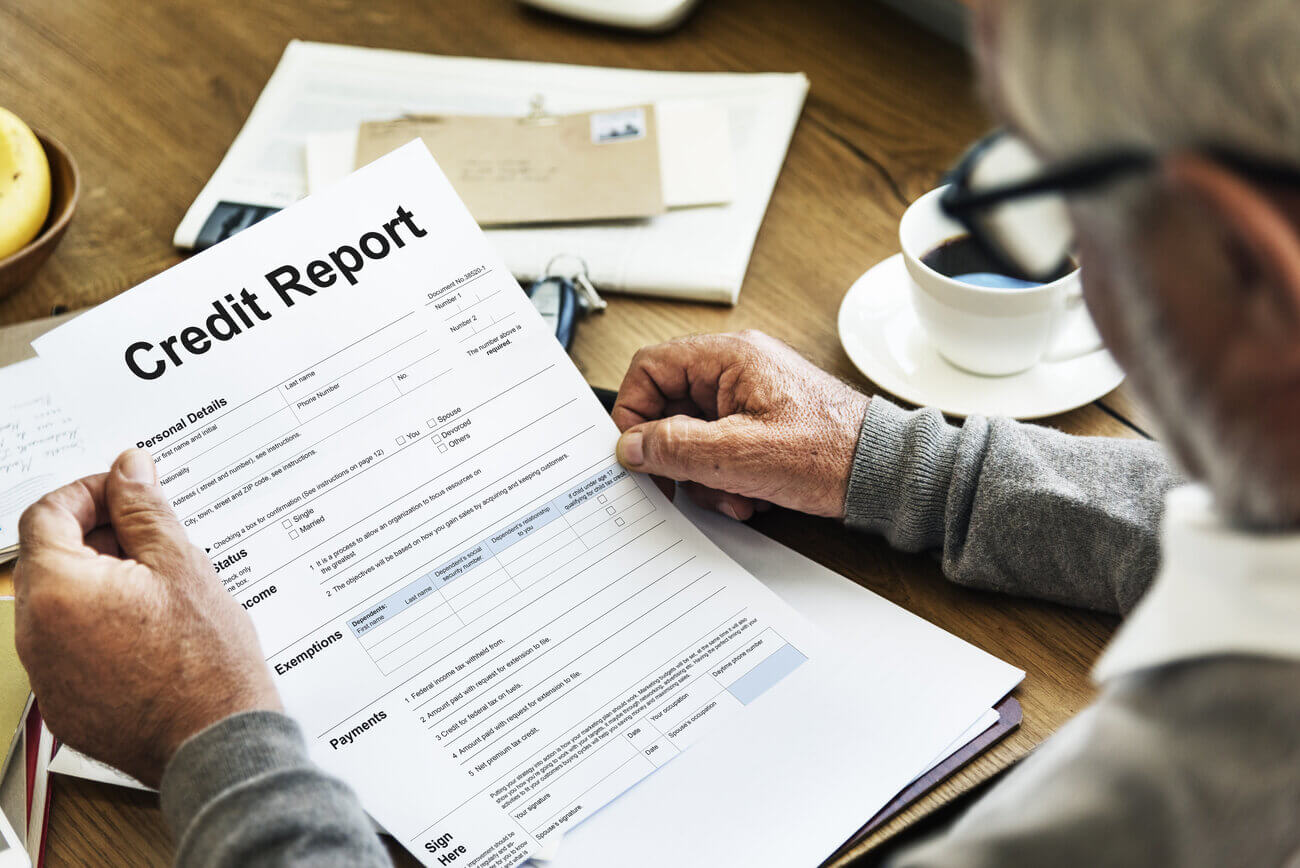Banking and Finance

How To Avoid Financial Scams

10 January 2024 - 3 min read
UK Finance have said that 1.77 million was lost to impersonation scams in 2022, resulting in a total of 45,367 scams. This means it’s never been as crucial as it now to protect yourself and your finances from criminal offences.
Financial institutions and banks have consistently been publishing fraud-related articles and digital media campaigns to raise awareness. They’re also opening providing information ad guidance to their customers and the public on how to detect these scams, ways to prevent them, and most importantly, what to do if you become a victim to this type of fraud.
In this blog, we explore the steps that you can take to protect yourself and avoid financial scams altogether.

1) Review your bank account(s) regularly and in-depth
With many of us having multiple bank accounts, sometimes with multiple providers, it’s possible to miss the odd charge or outgoing. While this can seem like a tedious task, it’s recommended that you check your accounts a few times a week, sometimes even daily in order to maintain good financial health.
Through online banking, it’s becoming significantly easier to log into your account and check your outgoings, so take advantage of this.
It’s also worth making use of the tools and resources available to you through your banks, such as:

2) Change passwords often, using different passwords per account
We’ve all been guilty of using the same password repeatedly for different accounts, however, as you can imagine, this is a breeding ground for financial scams and frauds to take place!
If someone can detect one of your passwords, protect yourself and ensure that it means they only have access to one account and not every other one! Creating strong passwords has never been more straightforward and there’s plenty of tips and tricks out there to help.
Google recommends:
Making your passwords long and unique to you
Try using lyrics to a song, an abbreviation, words from a book or a short sentence from a poem. Longer passwords are said to be much stronger and should be at least 12 characters long. Passwords that can be easily guessed by those who know you or those looking at accessible information (such as social media) are a no go, so keep this in mind when choosing.
Avast recommends:
Using a Password Generator
Password generators are safe, legitimate and easy to use. They create passwords on behalf of you ensuring they are unique, complex and long. There’s plenty available online, however, it’s recommended to use one that has an inbuild password manager and maintain good online security practises while using them.
A number of password generators also allow you to edit how many characters you require and what special characters you would like to include e.g. ABC, 123 or #@!. Make use of these additional features as they are what will ensure your passwords are harder to detect.

3) Use the Internet safely
There are 5.30 billion internet users every day which, unfortunately, means the likelihood of financial scams taking place is very high. The internet boasts several advantages, making everyday tasks and hobbies like grocery shopping, gaming and banking extremely accessible, however, it’s crucial that the internet is used safely and vigilantly.
When using the internet, remember to:
- Install latest security and virus software and keep it up-to-date
- Use two step verification
- Don’t use public Wi-Fi for personal use (e.g. online shopping or banking)
- Don’t click links, pop-ups or attachments from those you don’t know or trust
- Educate yourself and others, ensuring you know what to look for

4) Be wary of anyone posing as your bank or a legitimate source
Scammers are clever and will go to great lengths to build your trust, manipulate or exploit you. They will often create high levels of urgency, intending to panic individuals in the hope that we will reveal private information or transfer funds.
Be aware of these things if someone reaches out to you asking for personal information, even if it is your bank or looks like a legitimate source. You can never be too careful.
Always remember that:
- Your bank, the Police or any company will never ask you to confirm your bank details, pin or ask you to transfer funds online
- You shouldn’t share your personal details with anyone that you don’t know or trust
- Any prizes, deals or offers presented to you online that look too good to be true, often are
- You can register with phone and mail preference services to reduce junk mail and cold calls
- Your privacy and security settings online should always be up-to-date
If you do receive phone calls, text messages or emails posing as your bank institute, you can hang up, delete them and ignore them. After a short amount of time e.g. 20 or 30 minutes, you can call your bank on their published phone number and speak to a member of staff if you are feeling unsure.

5) Check your credit reports and scores often
A Credit Report is a history of all your financial dealings and often include information on accounts such as mortgages, credit cards, loans, overdrafts and any public record information.
Importantly, it also notes and records when lending companies check your report, most commonly when they are deciding whether to lend to you or not. This makes them an incredibly useful record to keep up to date with and regularly analyse.
When looking for signs of any fraudulent behaviour, be mindful of:
- Suspicious or unfamiliar entries
- New credit accounts that weren’t open by yourself
- An outstanding balance different to what you expected
- An increase in hard searches
Credit reports are often available free of charge online, through companies such as Experian, Equifax and TransUnion.

6) Knowledge share and raise awareness
Jane Parsons, consumer expert at Citizens Advice, says: “With the volume of scams on the rise, it’s important for us all to take steps to safeguard ourselves and others against scams.”
Financial scams are nothing to be embarrassed about and should always be reported and spoken about where appropriate. Financial scammers rely on feelings of guilt and isolation and actively rely on their victims to not share what is happening to them to their family and close friends.
It’s important to discuss scams with those who are close to you and that you trust, sharing information on how to spot them, avoid them and what to do if you become a victim of one.
By doing this, it collectively helps everyone to stay safe and keep up to date with the new and complex ways in which individuals are being scammed. If you hear of something happening, you’re likely to be more on the lookout, mindful and aware of your financial actions.

With cases of financial scams on the rise, the role of the Financial Adviser has never been more important. Recent research says that Financial Advisers can help their clients to avoid becoming victims of fraud by educating them on the different signs to look out for.
In addition to this, Financial Firms are also working towards strengthening their anti-fraud systems, as well as providing better support to those who have targeted.
Become a Financial Adviser and gain a DipFA qualification 100% online with ICS Learn today.












